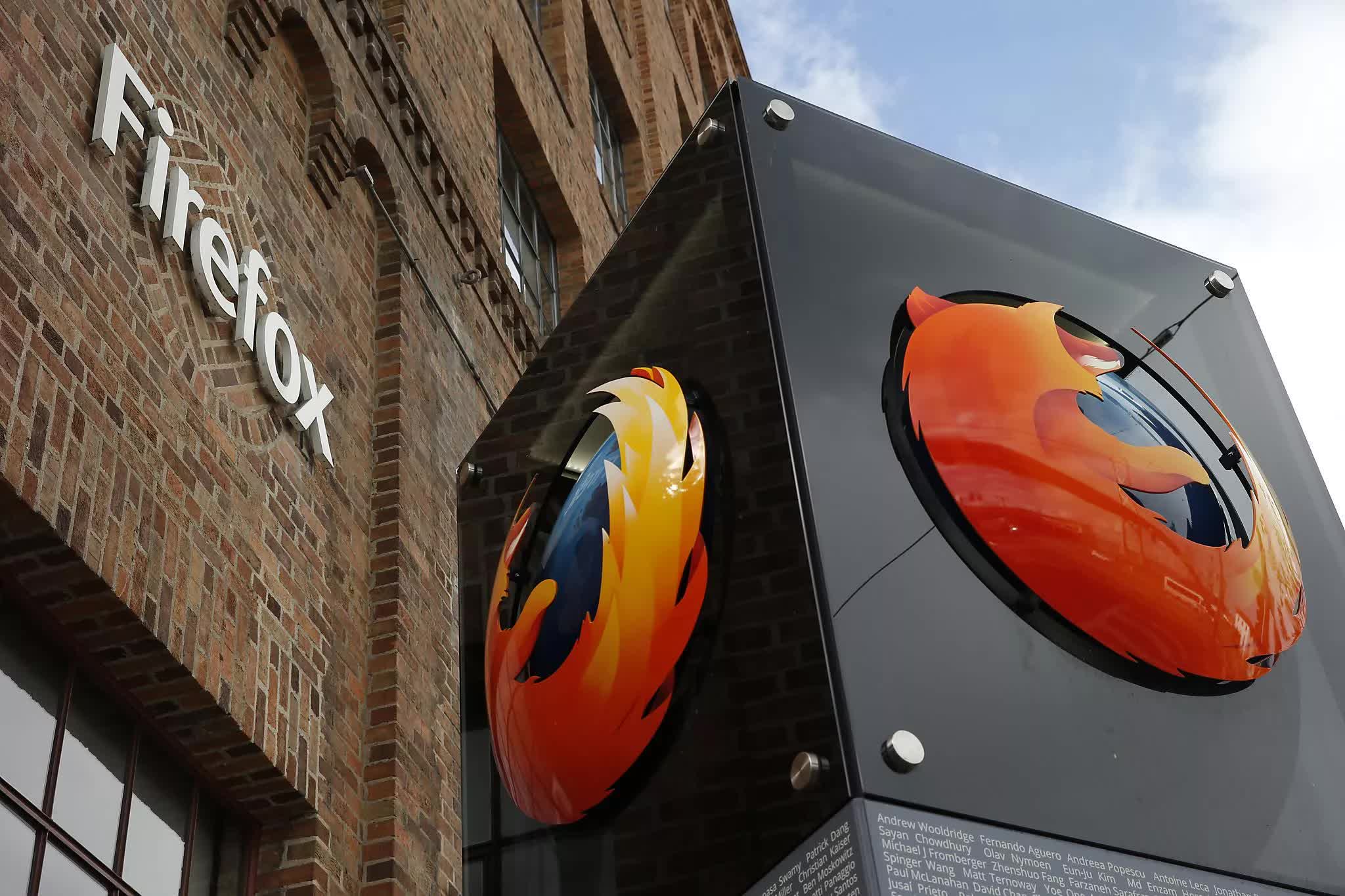- cross-posted to:
- technology@lemmy.world
- cross-posted to:
- technology@lemmy.world
Mozilla has a close relationship with Google, as most of Firefox’s revenue comes from the agreement keeping Google as the browser’s default search engine. However, the search giant is now officially a monopoly, and a future court decision could have an unprecedented impact on Mozilla’s ability to keep things “business as usual.”
United States District Judge Amit Mehta found Google guilty of building a monopolistic position in web search. The Mountain View corporation spent billions of dollars becoming the leading search provider for computing platforms and web browsers on PC and mobile devices.
Most of the $21 billion spent went to Apple in exchange for setting Google as the default search engine on iPhone, iPad, and Mac systems. The judge will now need to decide on a penalty for the company’s actions, including the potential of forcing Google to stop payments to its search “partners completely,” which could have dire consequences for smaller companies like Mozilla.
Its most recent financials show Mozilla gets $510 million out of its $593 million in total revenue from its Google partnership. This precarious financial position is a side effect of its deal with Alphabet, which made Google the search engine default for newer Firefox installations.
The open-source web browser has experienced a steady market share decline over the past few years. Meanwhile, Mozilla management was paid millions to develop a new “vision” of a theoretical future with AI chatbots. Mozilla Corporation, the wholly owned subsidiary of Mozilla Foundation managing Firefox development, could find itself in a severe struggle for revenue if Google’s money suddenly dried up.



You’re saying Firefox could exist, and keep up with security updates and website compatibility, without being backed by money? (Or based on a couple of donations?) Any convincing evidence that could make us trust that that’s possible too?
Many such pieces of software exist both backed by non-profit foundations, and not. Before the Linux kernel was running the world, it was primarily maintained by volunteers. Also consider the myriad of Linux distributions that don’t have corp overlords. Or pick a *BSD. Or anything you watch video content with: ffmpeg, vlc, mpv. Or even various programming languages such as ECMA Script, Python, Ruby, C, C++, etc. Hell, even Lemmy fits into this category. There literally is a whole slew of software not directly backed by money and still maintained that literally runs the world.
All your examples are at a way smaller scale, or rely on corporate cooperation (and we already have that in Chromium). With the exception of VLC, which is a treasure, but also has way fewer adversaries/things that will break because they don’t care about VLC.